When you study in the United States, where there are so many alternatives for financial aid and payback conditions, student loans might be difficult. Several paid programs can help you discover financial aid, but most of the information they provide is frequently accessible online for free.
In addition to these paid services, however, there are firms engaged in student loan scams. If a company looks to be offering a deal that looks too good to be true, it most likely is. Although the worst student loan businesses may appear to be fraudsters, consumers may also experience student loan forgiveness schemes.
Table of Contents
When loan holders seek assistance with certain aspects of their loans, such as lowering their balance or monthly payment, refunding their loans faster, temporarily stopping payments, or removing their loans from delinquent status, student loan con artists may make it difficult for them to obtain actual assistance. To know what to search for, it is necessary to be familiar with some important requirements.
What is a student loan?
A student loan is a sort of loan aimed to assist students with postsecondary education expenditures such as tuition, books, and supplies. Your institution will likely incorporate student loans as a component of your financial assistance package if you apply for financial aid.
It is essential to understand the sorts of loans available to you. Federal and private student loans are the two most common forms of student loans.
Before borrowing student loans, it is generally wise to seek scholarships and awards. But if you need to come up with the money for college or vocational education, federal student loans should be your priority.
Here are Instant loan apps in the USA
Various kinds of student loans
Federal student loans and private student loans are the two primary forms of student loans.
- Federal student loans
The U.S. Department of Education administers federal student loans. They are the largest supplier of student financial aid in the United States and are utilized annually by over 13 million students. Direct subsidized loans, direct unsubsidized loans, direct PLUS loans, and direct consolidation loans are the four categories of Federal student loans.
Direct Subsidized Loans and Direct Unsubsidized loans allow undergraduates to borrow up to $12,500 each year. You can borrow up to $20,500 per year in Direct Unsubsidized loans if you’re a graduate, and you can use Direct PLUS Loans to cover any extra educational expenses.
- Private student loans
Typically, private student loans are substantially more expensive than government student loans and carry significantly higher interest rates. The lender is not affiliated with the government and is allowed to determine their interest rate and payback conditions, thus these variables will vary based on your student loan provider.
Private loans are an excellent alternative for students seeking additional student loans in addition to government loans. They provide you with the choice to borrow only what you need and to negotiate your repayment conditions.
Application for a student loan
Fill out the Free Application for Federal Student Aid (FAFSA) to determine your eligibility for federal grants, work-study, and federal loans before applying for a federal student loan. Your institution will give you a financial aid offer, which will include federal student loans, based on the findings of your FAFSA.
To apply for the majority of private loans, you will be required to provide some personal information. The lender will then conduct standard credit checks to determine your eligibility. The lender will then let you know if you qualify for the loan and if so, will arrange for the cash to be sent to you.
How to identify Student loan scams
Recognizing the warning signals of a potentially dangerous firm can save you hundreds of dollars in fees. Do not be deceived by a name that seems official, such as “Student Advisory Board.” Here are some red flags to watch for.
1. You must pay a one-time or recurring fee to receive assistance.
There is nothing that a debt reduction firm can do that you cannot accomplish. And it is lawful for businesses to charge for things that might be performed for free. Some individuals relate student debt relief to tax preparation.
However, it is prohibited for organizations providing student debt relief to collect fees over the phone before reducing or settling a client’s liabilities.
2. The firm guarantees rapid loan cancellation
Be aware of firms that say they can assist you in obtaining loan forgiveness. There are lawful government programs, such as Public Service Loan Forgiveness, that can decrease or cancel federal student loans after a specific period. However, only some people are eligible for the programs.
For example, borrowers must work a full-time job for the government or a 501(c)(3) organization and make full monthly installments for at least 10 years to qualify for PSLF loan forgiveness. After making payments for 20 or 25 years, depending on the plan, borrowers on income-driven repayment programs can have the balance of their debts forgiven.
3. You are pushed into signing up by a salesman.
Typically, sales agents who receive commissions based on the number of clients they acquire are employed by companies that market student debt relief programs. They may attempt to build a feeling of urgency by stating, “Register now before it’s too late!”
But you have time to make deliberate, well-informed decisions regarding your debt. There are no valid lending schemes that are only accessible for brief durations.
4. You are prompted to disclose personal details
Some firms may request Federal Student Aid IDs or Social Security numbers from borrowers. The information allows firms to access your account and make choices on your behalf.
Nonprofit credit counseling agencies associated with the National Foundation for Credit Counseling (NFCC) do not request this information.
In addition, some debt relief organizations may need debtors to sign a power of attorney documents, allowing them to speak with your loan servicer on your behalf. You are not required to sign these forms; in fact, doing so might result in you losing access to your student loan account.
Ways to prevent fraudulent student loan scams
Although it is impossible to avoid fraud entirely, there are steps you can do to reduce the likelihood of falling victim to a student loan scam.
1. Determine which firms the United States Department of Education partners with;
A corporation that purports to have a link with the U.S. Department of Education should not be trusted immediately. The Department of Education has no association with other parties that offer private loans.
Nevertheless, if you have a federal student loan, private organizations manage billing and other services, including repayment programs, on behalf of the US Department of Education. Private collection companies also aid borrowers of federal student loans by informing them of their alternatives.
2. Search for your loan servicer;
Student loan servicers administer your student loan debt on the lender’s behalf (which may be the US Education Department if you have a federal loan).
Your student loan provider can answer any concerns you have regarding your loans, assist you in selecting the most suitable repayment plan, and assist you in switching to a new plan at no cost.
It is prudent to identify your student loan servicer and obtain their contact information. If you have numerous student loans, maybe a combination of federal and private loans, you may have various loan servicers.
Visit StudentAid.gov to locate your federal student loan consultant. If you get an email and are unclear if it was sent from your student loan servicer, visit the web portal or call your servicer to verify.
3. Do not pay to modify your student debts;
As previously indicated, your student loan supplier will assist you in changing your repayment plan at no cost, so you do not need to hire someone to assist you with this.
The Federal Department of Education will assist you in processing applications for income-driven repayment, consolidation deferment, and forbearance, as well as providing you with further information on your student loan, at no cost.
4. Do not trust firms that claim to be able to lower or erase your student loan;
There is no fast track to student loan forgiveness, and these firms will only attempt to make money from you without modifying your student loan amount.
5. Protect your confidential data;
Your student loan servicer privately contracted government collection agencies, and the Department of Education will not contact you to request personal information.
The organization may be trying identity theft if it requests your bank account number, credit card number, date of birth, FSA ID number and password, or social security number.
If you believe you may be the victim of a scam, contact the service provider immediately with any questions.
6. Reset your password if you’ve shared it;
If you have provided personal information over the phone to someone purporting to be a student loan servicer, you should quickly change your Federal Student Aid (FSA) ID password.
TOP STUDENT LOAN SCAMS
Advanced Fee Scam
This scam involves a student loan firm that claims to be able to secure you the “best” interest lending rate and loan conditions for a “small” cost. The cost may range between 1 and 5 percent of the loan amount. Occasionally, the charge is a set upfront sum, such as $1,000.
Under no circumstances should you have to spend money to obtain money. Legal student loans, including private lenders, do not need any fees upfront. Whether there are any fees, they are taken from the payout check or added to the payback amount and amortized throughout the term of repayment.
There are two usual costs associated with the loan, although they are never paid upfront. There are no origination costs associated with federal student loans. Disbursement fees and origination fees are frequently variable and vary greatly from lender to lender for the majority of private loans.
If a third-party firm is assisting you with your student loan debt, they may want an upfront payment. However, this amount should be deposited into an escrow account (or third party account), and the firm should not be paid until they can demonstrate they assisted you in enrolling in a program. A sentence like “we won’t be paid until you have made the first deposit on your new repayment plan” should raise red flags in your head.
In the past year, a fresh version of a subject has evolved. Some organizations provide a second personal loan instead of a straight advanced charge, which is essentially a fee in the form of a loan.
Most borrowers do not aware they have taken out a new loan, and there are consequences if you cancel or do not pay, including interest and collection costs. Ultimately, if you utilize a third-party organization, you must ensure that you thoroughly comprehend the pricing and transaction structure.
Loan Consolidation Scam
It may be a smart idea to combine your student debts after graduation. This is yet another area ripe for cons. The most prevalent student loan consolidation fraud is a firm that demands a consolidation fee but does nothing. The charge may also be referred to as processing costs, administration costs, or consolidation fees.
If you’ve had a federal student loan, there are no costs for consolidating your debt; you may do it yourself via StudentAid.gov for free. There are a variety of lenders who can refinance your private loans, federal loans, or both if you have a private student loan. Refinancing is distinct from consolidation in that you obtain a new loan with a different lender who pays down your current loans.
Credible is a comparative tool that enables you to fill out a single form and view customized loan offers from several lenders. Utilizing any lender on the Credible platform is not fraudulent.
Lawsuit Student Loan Scam
In this type of scam, a law firm would falsely declare that it can settle your outstanding student loan debt. There are several varieties of this fraud, but often a “student aid corporation” would connect a borrower to a law firm. This law practice, according to the student assistance organization, may settle your student loan debt for thousands less than you owe.
Frequently, the law company will request that you send your whole student loan payment to the law firm or whatever sum you can afford. The law company asserts that it will then arrange a settlement with your creditor.
However, this law company often fails to make any payments while discussing with your lender; as a result, you default on your student loans. The law firm will then claim you cannot pay your debts and attempt to negotiate a settlement on that basis.
Due to your failure to make timely payments to the legal firm, your credit score will be severely harmed. There is no assurance that you will be able to pay back your loans. And even if you are successful, the procedure might take years, and you will still have to deal with the compensation in the end.
Student Loan Debt Elimination Scam
Important to note regarding student loan debt is that it must always be returned; it cannot be forgiven without a federally qualified reason, such as death, permanent disability, school closure, document falsification, or identity theft. If you encounter a firm that offers to reduce your student loan burden, it is a fraud!
Companies will falsely promote that you may get your student loans canceled if you attended a particular institution or university. If your school has closed or is facing legal action, you may be eligible for Borrower Defense to Repayment. However, if you are paying a corporation for assistance, you should inquire precisely what they are doing for you.
Since you are still here, these are simple ways to save money as a student
FAQ
Are there scams involving student loans?
Scams involving student loans are on the rise now that the moratorium on new payments is about to expire in a few short weeks. Phone calls are commonly used by con artists to defraud their victims.
Which student loans do you get directly?
Hence the term, direct-to-consumer private student loans have nothing to do with your institution. The monies you request are given directly to you, without your school’s involvement.
How can one avoid loan fraud?
Never transmit money to a person. Always inquire about the lender’s actual location. Then, contact the state’s Attorney General or Financial Regulations agency to confirm the legitimacy of the business.
Are these appeals for student loan forgiveness legitimate?
Eliminating student debt quickly is a fallacy. Therefore, if you receive a phone call from a student loan debt reduction organization offering immediate debt elimination, it is likely a fraud. Scammers may claim that if you attended a now-defunct college, you may have your debt fully wiped out for a fee.
Conclusion
To avoid student loan frauds, avoid firms that approach you or appear in search engine advertisements. Even if you receive a letter or phone call from someone who knows your student loan information, such as how much you owe, it may be a hoax. Companies can acquire information on the obligations of borrowers and utilize it for marketing purposes.
Additionally, avoid companies that urge you to respond rapidly. They are attempting to obtain your money before you have sufficient time to assess the matter objectively and determine if it is a smart idea.
If you liked this article, then please subscribe to our YouTube Channel for WordPress video tutorials. You can also find us on Twitter and Facebook
Cover Image: The College Investor
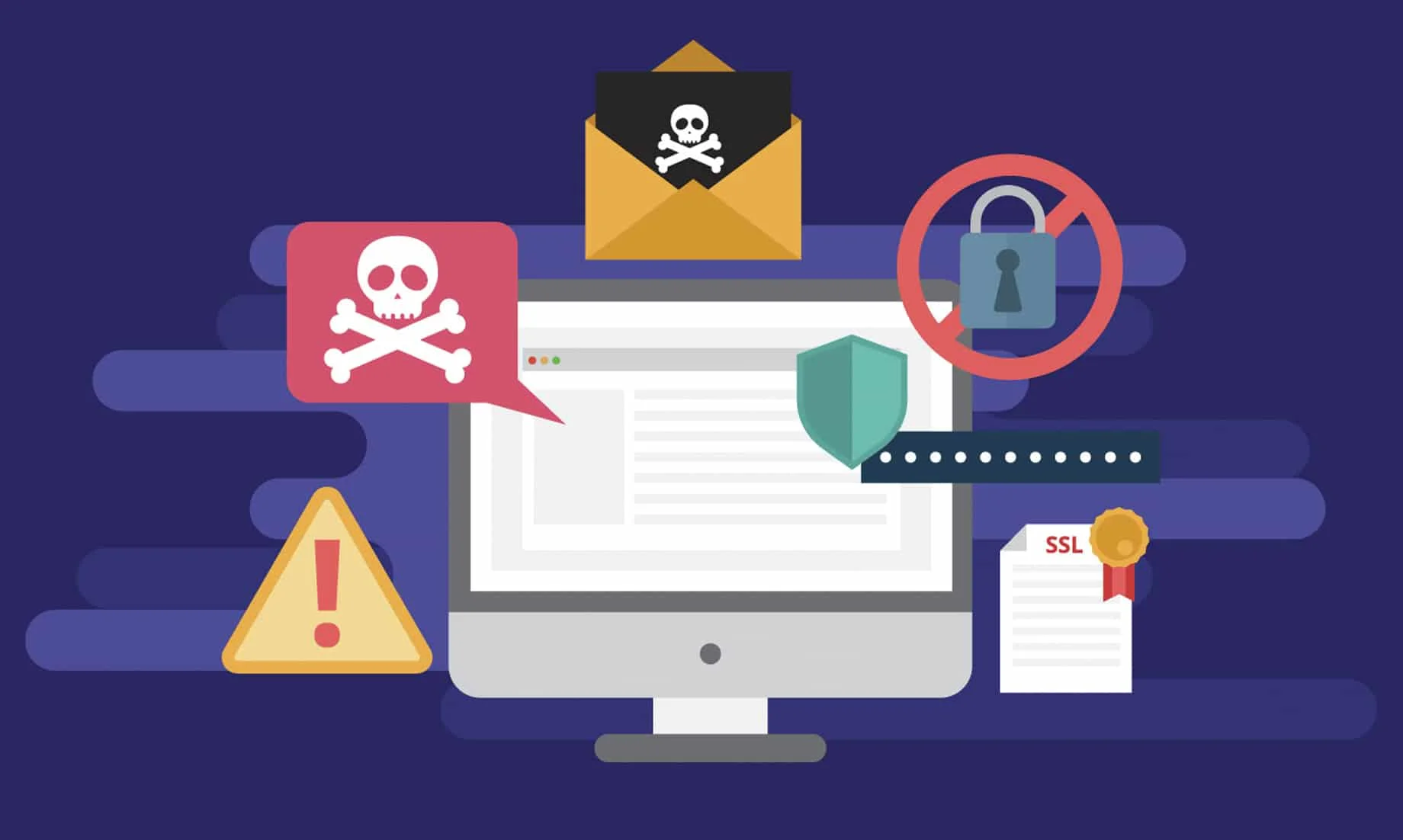
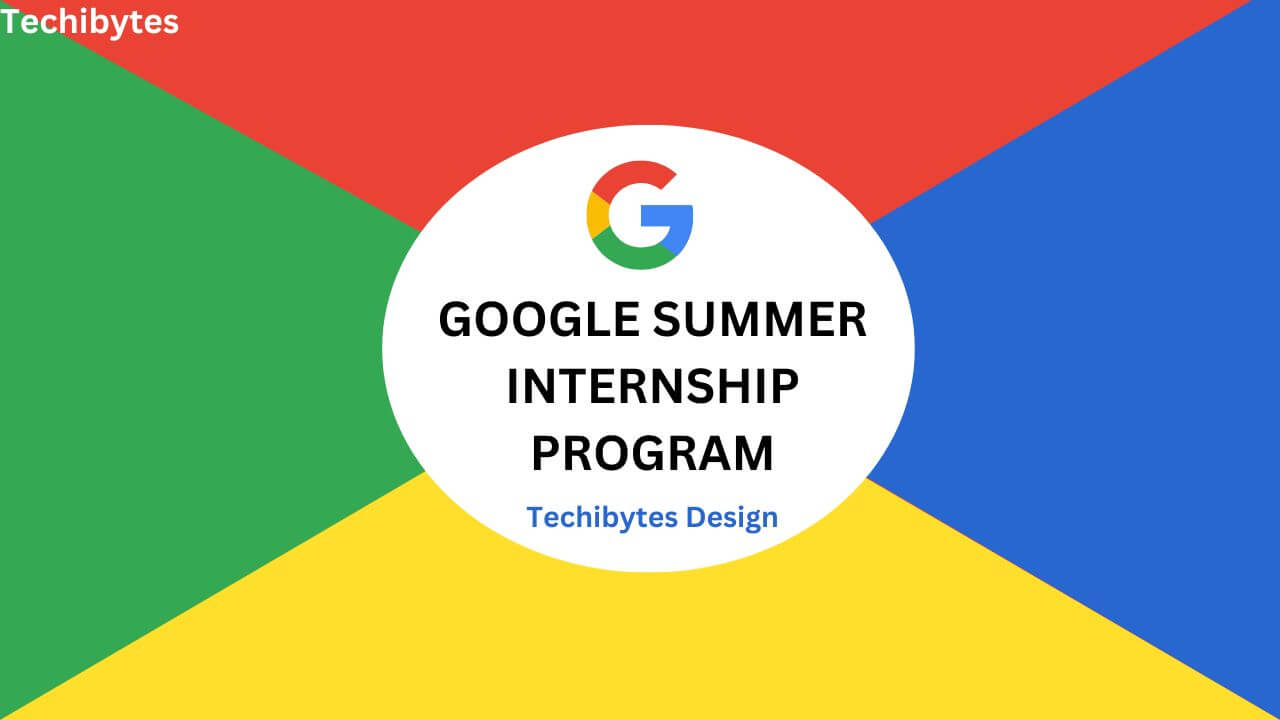
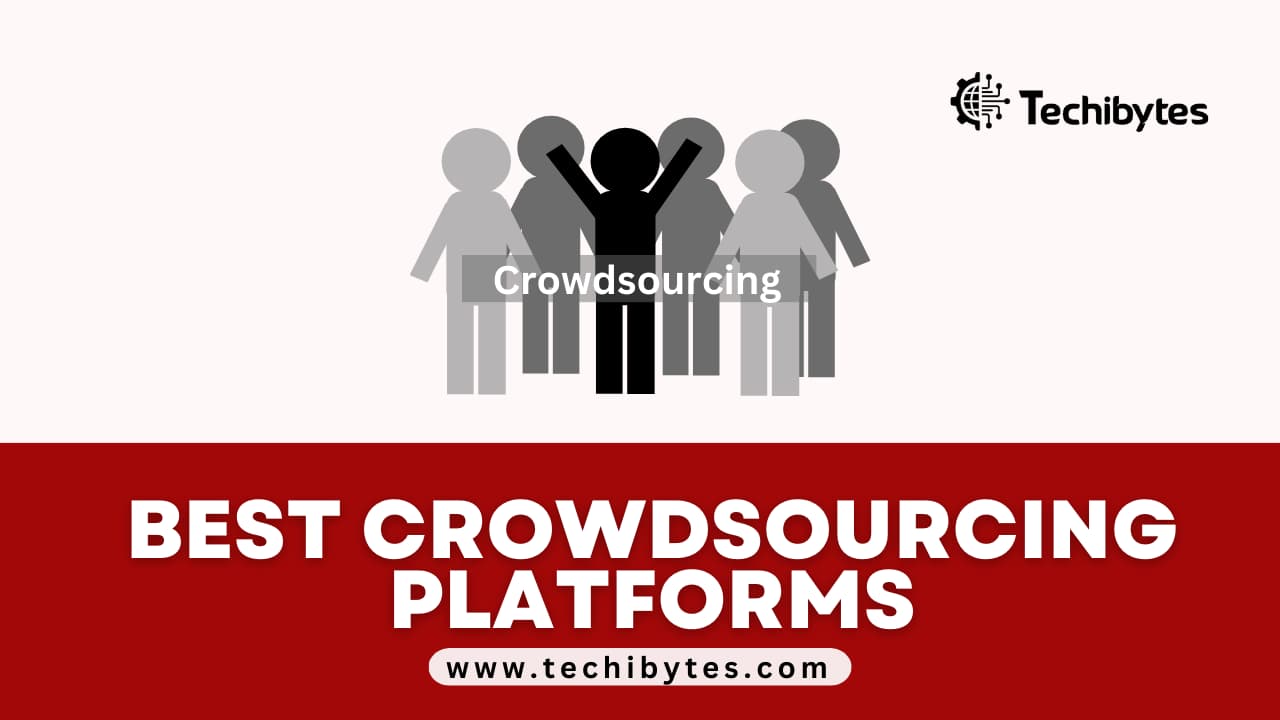
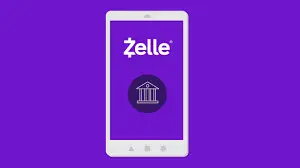
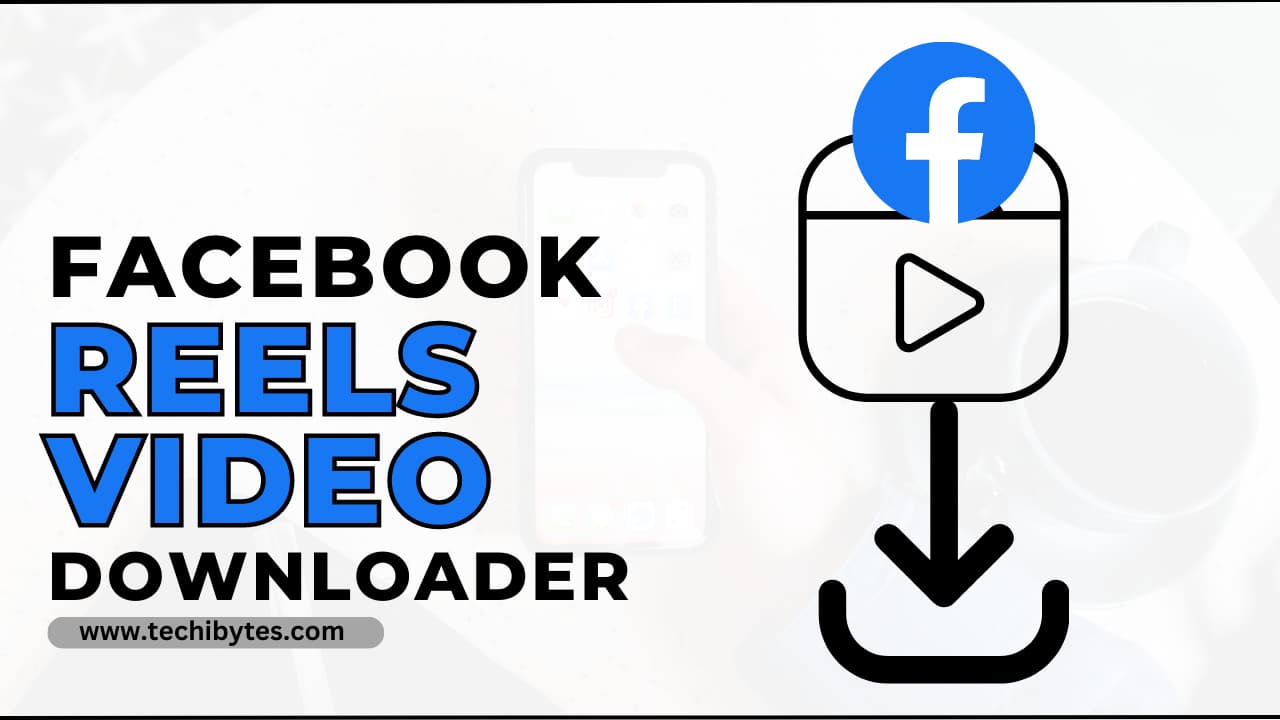
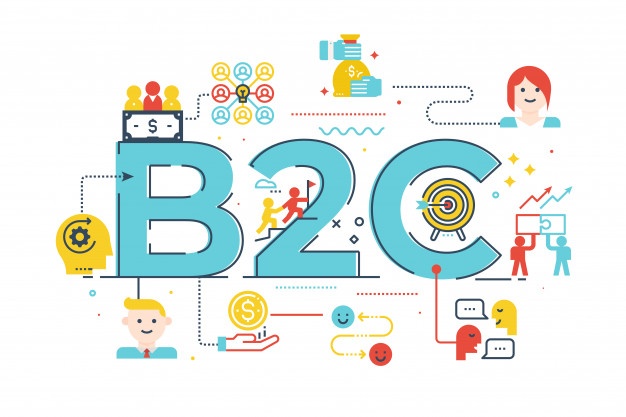





2 comments
Thanks for your blog, nice to read. Do not stop.
Thank you